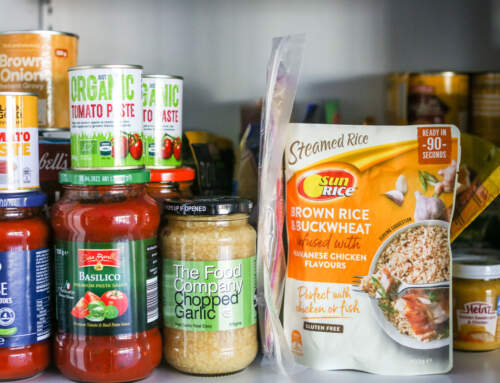Recently, I shared the article “Simple Formula for Living” which started with the words, “Live beneath your means.” It’s a bit of an old-fashioned sounding concept, but what does it really mean? Basically, it’s a suggestion that we spend less than our total income. Do you know that one of the biggest causes of arguments between couples is financial and debt stress? (Actually, I wonder what couple has never had a heated discussion over money.) We all know that stress has adverse effects on both our physical and emotional health.
Have your child ever told you that they are the ONLY person in their class or friendship group that doesn’t have……whatever? I certainly heard that more than once from mine! The interesting thing was that when I discreetly checked with some of their peers’ mums, their children had told them that they were the only deprived ones. None of us wants our child to be the odd one out or deprived, so frequently we give in to their requests. Today’s prevalence of expensive devices and their ongoing running costs can add up to a lot of money being spent.
While we don’t need to give our children the nitty-gritty on our financial situation, I don’t think it hurts for them to be aware that we sometimes do need to cut costs. When I mentioned not being able to afford something when she was around five, one of my daughters had the ideal solution for me. Go to the supermarket, give the cashier my EFTPOS card and she would give me more money. (My daughter saw me buying groceries, paying by card and getting cash out.) Unfortunately, I had to enlighten her that we had to have the money first!
Just like our children, we can buy into the lie of “needing” things or wanting to keep up with others. I know I’ve been guilty of this. If we’re not careful, we trade long term gain for the sake of immediate pleasure. Saving for things and buying them outright has lost popularity, but realistically, if I can’t afford to save up for something, I probably can’t afford to buy it. Buying things now and paying for them later (whether loans, credit cards or an after-pay scheme) always adds to the cost of the items, regardless of what marketers tell us.
Sometime back I drove an older car for a while to give it a run. I did think at the time, it got me from Point A to Point B just as effectively as my newer car. There’s nothing wrong with owning a new car if we can afford one, but a recent model second-hand car often makes better financial sense. After our mortgages (which are necessary debts), cars are usually our most expensive purchases.
I’ve been learning to be thankful for what I do have rather than focusing or moaning about what I don’t have. I frequently remind myself of the words Paul wrote in 1 Timothy 6:8 “So if we have enough food and clothing, let us be content.” In following his advice, we’re more likely to be way less stressed.
(Please note: I am not a financial advisor and have no financial qualifications – the above ideas are my own thoughts and suggestions.)






